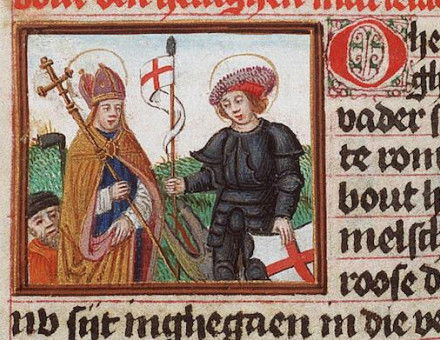Premature Obsequies?
The dramatic uphevals of 1989-90 in Eastern Europe and the Soviet Union combined with the controversial thesis that these and other events presaged 'the end of history'. In a major series launched in April 1991 History Today asked a range of eminent historians to discuss whether in the light of this, Marxism and possibly other-isms retained any validity as tools for interpreting the progress of history within their field.
Events in Eastern Europe in 1989-90 witnessed to the death not of Marxism but of the political practice of Communist parties there. Any ideology which cannot be freely discussed gets corrupted. But ideas do not necessarily die because horrors were committed in their name. Hardy's
After two thousand years of mass
We've got as far as poison gas
is no more and no less relevant to the Gulf War than Ceausescu to Marxism. Christianity survived the tortures of the Inquisition, the burning of heretics and witches and the wars of religion. What happened in the countries of Eastern Europe owed more to their previous history than to the ideology which rulers professed.
'The death of Marxism', like 'the end of ideology' and 'the end of history' derives from the wishful thinking of academics who believe their own society must he eternal because it is comfortable for them. Inhabitants of the Third World may be less sure that history is over.





